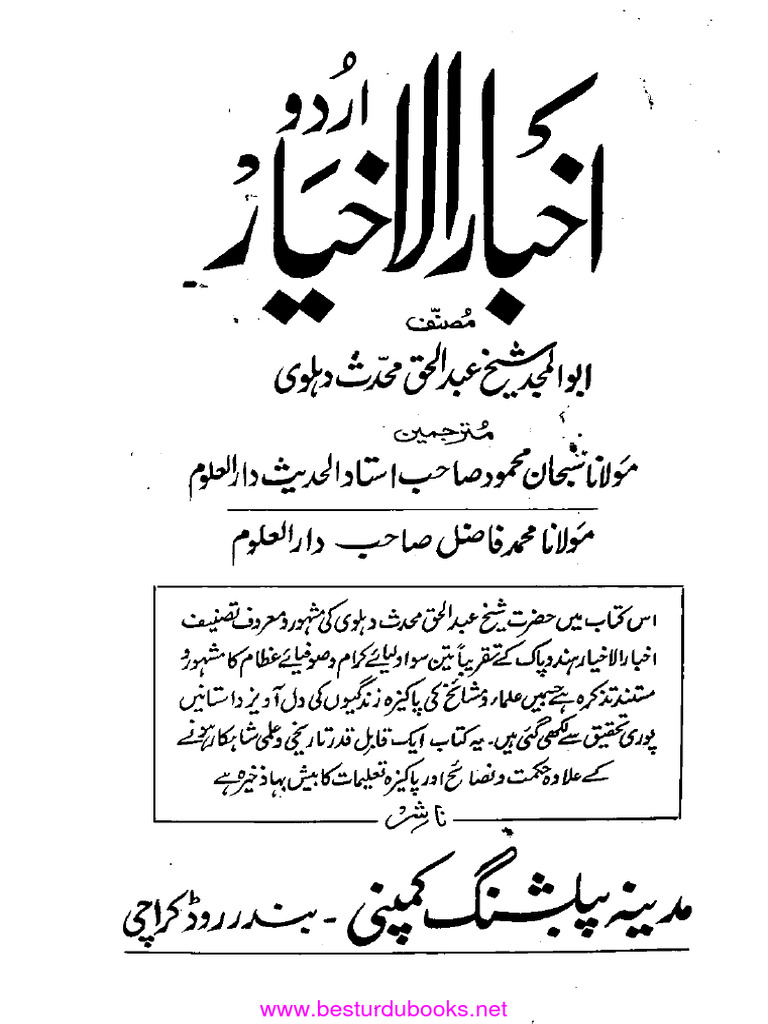Uyun Akhbar al-Rida (a), a pivotal text within Shia Islam, serves as a profound compendium of hadiths and narrations pertaining to the life, teachings, and virtues of Imam al-Rida (a), the eighth Imam in the Shia tradition. This remarkable work illuminates various aspects of Islamic theology, ethics, and society, providing readers with a nuanced understanding of Imam Rida’s (a) role in the broader Islamic context. Engaging systematically with the content of this text reveals rich layers of meaning that cater to academically inclined readers while also being accessible to those seeking spiritual enlightenment.
At its core, Uyun Akhbar al-Rida (a) is structured into distinct sections, each offering an intricate tapestry of Imam al-Rida’s (a) thought and legacy. Readers can expect to navigate through narrations that encompass theological discussions, moral directives, and historical accounts. The text synthesizes these elements, allowing the faithful to grasp the Imam’s multifaceted contributions to Islamic scholarship.
One of the most salient features of the book is its compilation of hadiths, which elucidate the intrinsic qualities of Imam al-Rida (a). These narrations employ a dialectical approach, often presenting conversations between the Imam and his contemporaries. Through eloquent dialogues, the reader is invited into a scholarly discourse that reflects the deep intellectual heritage of the Shia tradition. The texts do not merely recount facts; they engage with theological dilemmas, offering solutions grounded in wisdom and clarity.
Moreover, Uyun Akhbar al-Rida (a) delves into the intricacies of jurisprudence. Those who seek to understand the foundations of Islamic law will find passages that elucidate the Imam’s interpretations of Shia jurisprudential principles. This reflects a broader dialogue within Islamic law, showcasing the unique perspectives that Imam al-Rida (a) brought to the table. His decisions and interpretations resonate across various thematic domains, including ethics, personal conduct, and communal responsibilities, demonstrating the holistic nature of his teachings.
Another significant aspect of the text is its exploration of the socio-political context in which Imam al-Rida (a) lived. This dimension provides critical insights into the challenges faced by the Imam, highlighting his diplomatic engagements with the ruling authorities of his time. The book captures the essence of his advocacy for justice and equality, shedding light on how these principles were articulated even in the face of adversity. As such, readers can appreciate not only the spiritual aspect of Imam al-Rida (a) but also the historical circumstances that shaped his life and mission.
Uyun Akhbar al-Rida (a) does not shy away from discussing the existential themes of faith and doubt. The Imam’s discourses often touch upon the nature of belief, the signs of divine favor, and the trials of the faithful. This discussion can be particularly enriching for readers who grapple with questions of faith in contemporary times. The human experience of doubt contrasted with the quest for certainty in belief opens a dialogue that transcends the confines of time and place, inviting readers into a reflective exploration of their own spiritual journeys.
As one traverses through the text, the rich linguistic style employed by the author becomes apparent. The eloquence of the language not only serves to enhance the readability of the work but also emphasizes the reverence with which the subject matter is treated. Readers can expect to engage with an array of rhetorical devices, metaphors, and allegories that imbue the text with both depth and aesthetic appreciation. This linguistic richness integrates seamlessly with the thematic content, making Uyun Akhbar al-Rida (a) a work of both scholarly and literary merit.
Furthermore, the book addresses the principle of ethical conduct as espoused by Imam al-Rida (a). It encapsulates moral teachings that encompass a wide range of social behaviors and interactions. Through hadiths focusing on honesty, generosity, and compassion, the text lays out a roadmap for ethical living that aligns with the broader tenets of Islam. Readers are encouraged to internalize these lessons, fostering a personal ethos that resonates with the moral imperatives set forth by the Imam.
The pedagogical approach of Uyun Akhbar al-Rida (a) makes it especially valuable for educators and scholars alike. The structured progression of themes facilitates discussions in both academic and community settings. Readers looking for material to inform their lectures or discussions will find abundant resources in the text. It serves as a foundational piece for courses on Islamic theology, ethics, and history, promoting collaborative exploration of the teachings of Imam al-Rida (a).
As one concludes the journey through Uyun Akhbar al-Rida (a), a profound admiration for Imam al-Rida's (a) life and discourse emerges. The text acts as a bridge connecting past and present, allowing contemporary readers to glean wisdom relevant to today's world. In its exploration of faith, ethics, and justice, it resonates as a timeless narrative that continues to inspire and instruct. For those seeking depth in their spiritual practice and understanding of Shia theology, Uyun Akhbar al-Rida (a) remains an invaluable resource, rich in knowledge and imbued with the enduring legacy of Imam al-Rida (a).


